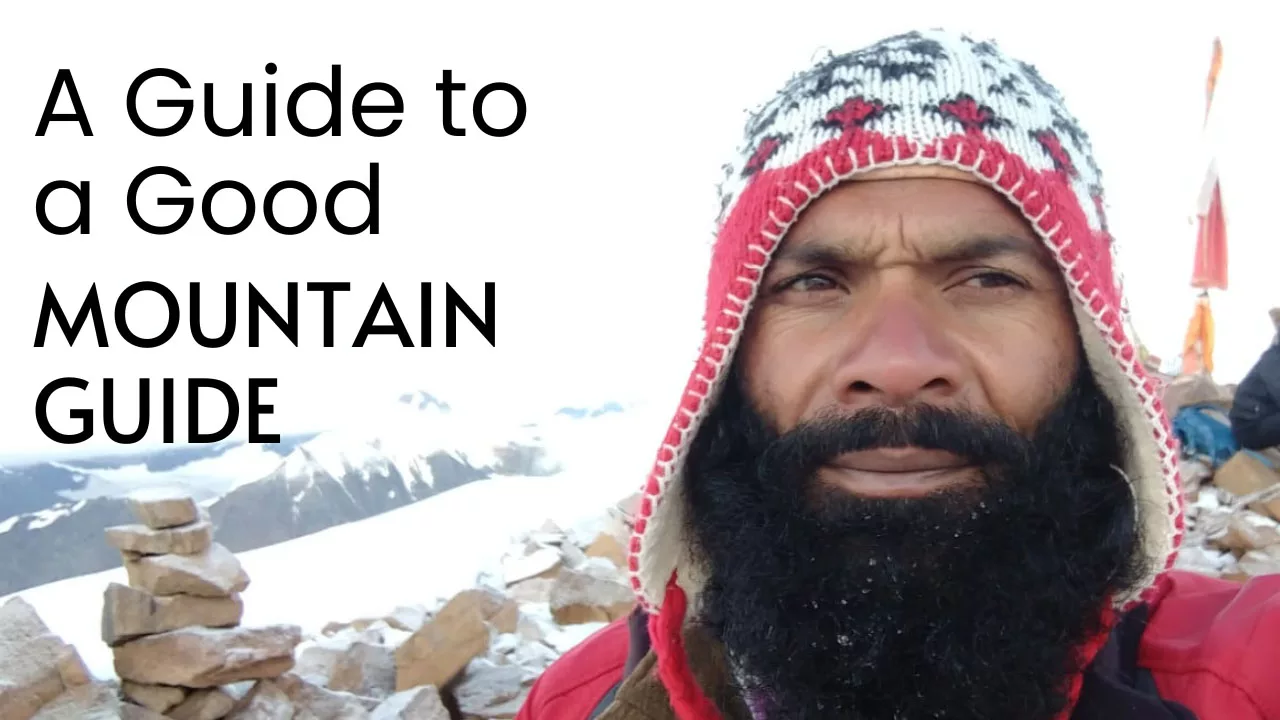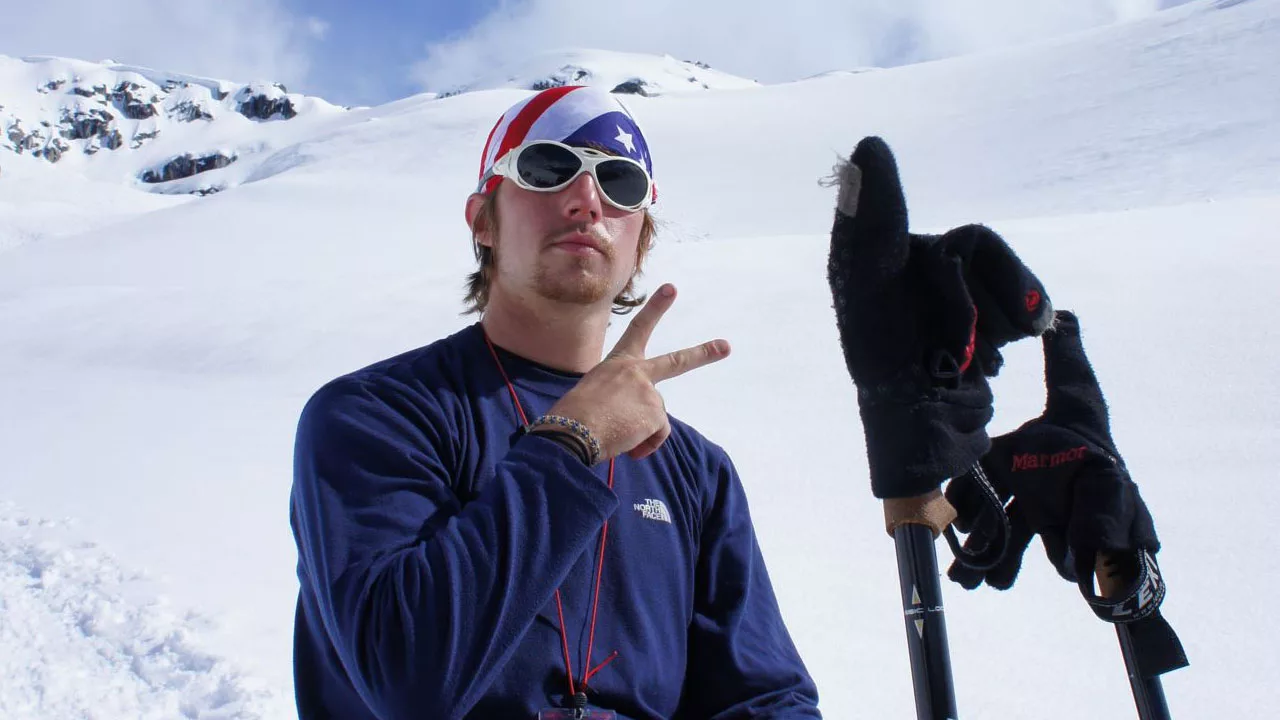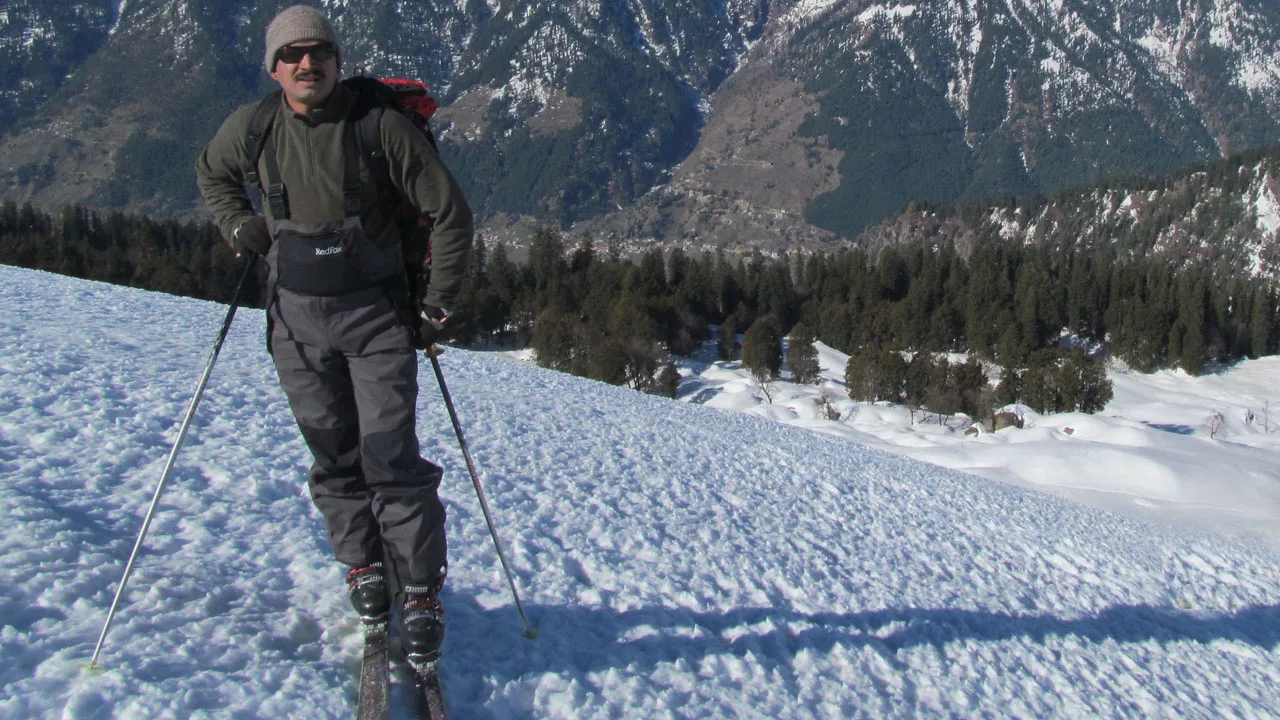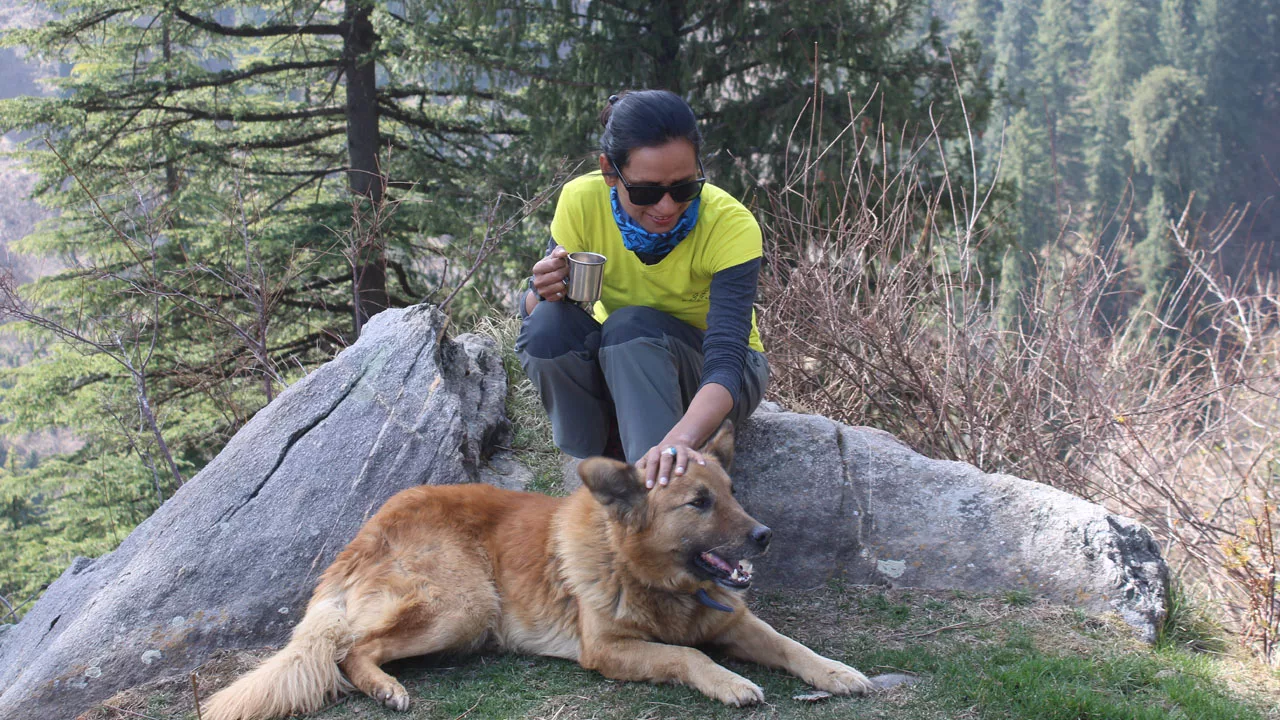A Guide to a Good Mountain Guide at Any Age
Knowledge Base
Being a good mountain guide is not as easy as it seems! Be a Good One!
Mountains have no mercy! They carry out their obligations. All we can do is ensure that we are sufficiently prepared to prevent mishaps as much as possible, but never completely.

Planning and Confidence of a Good Mountain Guide
We should research and comprehend how the natural world functions at various seasons of the year before we actually start or set out on our journey before we venture into the mountains, trails, ocean, etc. Having courage is a plus, but going into anything blindly demonstrates stupidity rather than courage. You are free to do whatever you want as long as it is in your best interests. You cannot, however, do it for others if you are in charge of them, such as trainees or groups.
Avalanches, landslides, flash floods, crevasses, wild animals, rock falls, HACE, HAPE, medical emergencies, storms, lightning, technical flaws, and other mishaps are all part of an alpine game. Even when you are well prepared, some occurrences come organically and unexpectedly, while others are the product of bad planning and overconfidence.
“Rest is uncertain if you are unable to protect yourself or are inadequately equipped to evaluate the risk factors and challenges in the mountains.”

Persistence and Consistency of a Good Mountain Guide
A good guide is someone who is a keen observer, calm listener, wise decision maker, critical thinker, experienced, and well versed in first aid, geography, geology, cartography, meteorology, or is aware of atmospheric phenomena, the motion of nature, vegetation, wildlife, native people, and so on – in a nutshell, someone who is aware of the entire ecosystem and how to deal with the demanding situation with almost apt measures. Yes, physical and mental strength go hand in hand.
Remember, nothing can be accomplished in a single day. Persistence and consistency will assist you in growing day by day. So, one step at a time.
It’s a knack
A good and skilled trainer/outdoor educator/mountaineer/guide will assist you to show you the way ahead and point you in the appropriate direction. To proceed on the desired path, your concepts, and fundamental foundation must be sound and stable, with up-to-date knowledge. We only learn from our own experiences; trainers can assist with understanding the topic, curriculum, and exposure.
Physical fitness training, climbing skills, rescue skills, various techniques, and so on can be demonstrated or told you by instructors; however, mental strength, critical thinking, decision-making skills, your own experience, and so on cannot be taught by any trainers or instructors; it is a skill that develops over time. I say- It’s a knack!

No Conclusions, Only Inclusion
You must continue carving and polishing it as you did at the beginning. Learning has no conclusions, simply inclusion from time to time, throughout one’s life, whether novice or experienced mountain guide. By doing so, a guide can save themselves to some extent or escape from unanticipated challenges, as well as save others and, at the very least, guide better.
Are we adequately prepared? Or are we just doing it to get the job done? Every job is unique, and we are well aware of this. Particularly when discussing extreme or adventure sports. You chose this path because you are deeply concerned about nature and the environment. Despite the fact that it is one of the most expensive and challenging occupations, you will go to any extent to save it and perform in harmony with everything else rather than earn money. We cannot risk someone’s life for money!
“Training is a portal, Experience is a gateway – the only way.”
Keep Learning! Explore the Unexplored!